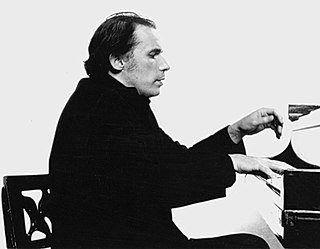A Quote by Leonardo da Vinci
Given the cause nature produces the effect in the briefest manner that it can employ.
Related Quotes
As no cause remains without its due effect from greatest to least, from a cosmic disturbance down to the movement of your hand, and as like produces like, Karma is that unseen and unknown law which adjusts wisely, intelligently, and equitably each effect to its cause, tracing the latter back to its producer.
It is in the very nature of a beginning to carry with itself a measure of complete arbitrariness. Not only is it not bound into a reliable chain of cause and effect, a chain in which each effect immediately turns into the cause for future developments, the beginning has, as it were, nothing whatever to hold on to; it is as though it came out of nowhere in either time or space.
If we define a miracle as an effect of which the cause is unknown to us, then we make our ignorance the source of miracles! And the universe itself would be a standing miracle. A miracle might be perhaps defined more exactly as an effect which is not the consequence or effect of any known laws of nature.





































